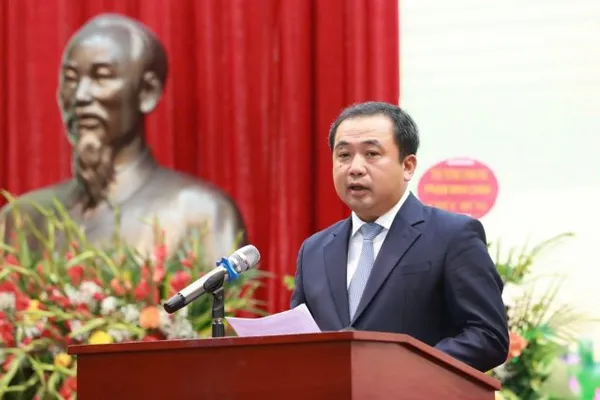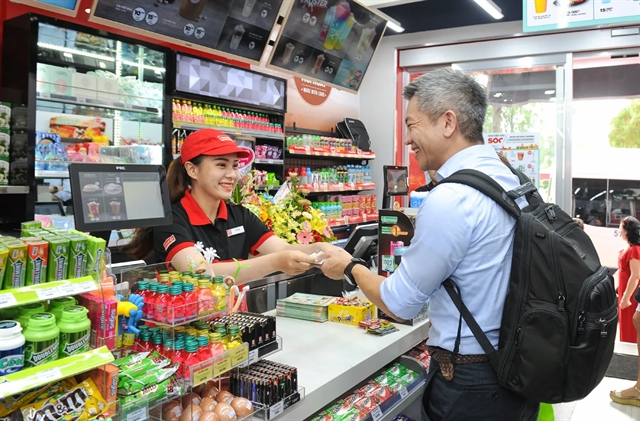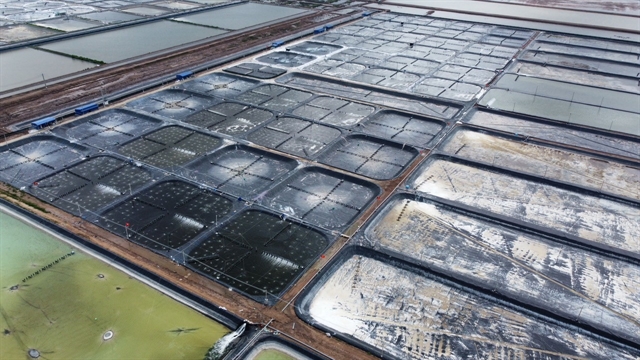.jpg) Economy
Economy
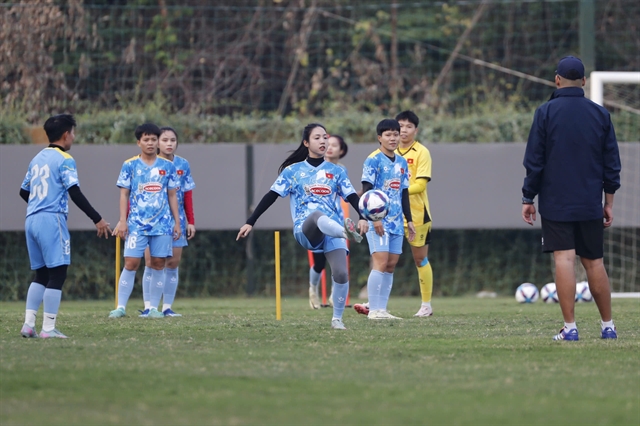
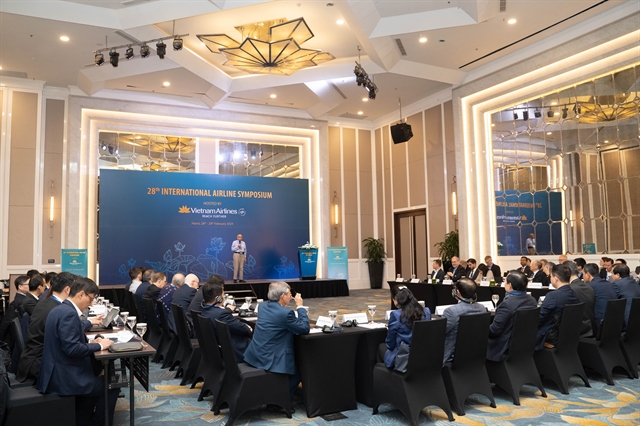 |
| Participants gathered at the conference. — VNS Photos |
HÀ NỘI — More than 60 aviation businesses, policymakers and government representatives gathered in Hà Nội for a two-day conference from February 28-29 to discuss various issues related to business management and development in the aviation industry.
The International Airline Symposium (IAS) 2024 also served as a platform for fostering collaboration between aviation businesses, policymakers and government representatives to shape the future of the industry.
The conference acknowledged the opportunities and challenges faced by the aviation industry in a volatile global environment. Airlines must navigate volatility, uncertainty, complexity and ambiguity in various aspects such as economics, politics, technology and climate change. Delegates at the conference were tasked with reaching a consensus on how to steer the industry as a whole and achieve new heights.
During his speech at the conference, General Director of Vietnam Airlines Lê Hồng Hà emphasised the importance of proactively navigating the complex industry landscape. Hà highlighted strategic vision, customer experience, technology adoption, sustainable development, safety and employee engagement as crucial factors for long-term success and sustainable growth in the dynamic aviation market.
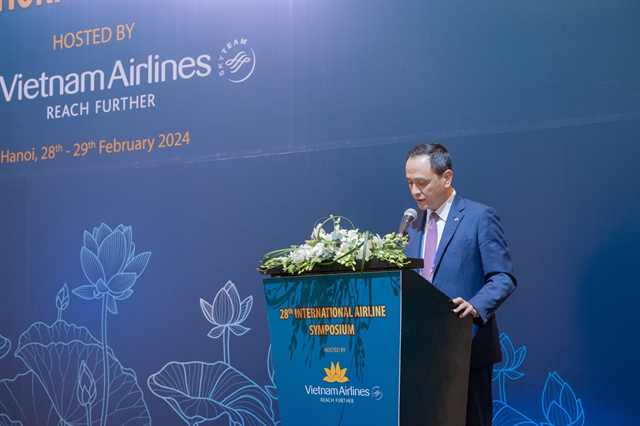 |
| General Director of Vietnam Airlines Lê Hồng Hà delivers a speech at the event. |
Also at the conference, Nawal Taneja, professor of aviation at Massachusetts Institute of Technology and Ohio State University (USA), shared his observations about the aviation industry undergoing rapid changes driven by technology. Technology has indeed played a significant role in enabling greater flexibility, adaptability and resilience for businesses in the aviation sector. The industry has seen advancements in areas such as aircraft design and manufacturing, operations and maintenance, passenger experience and data analytics.
However, Taneja also pointed out that successful digital transformation requires more than just adopting new technologies. It necessitates changes in organisational structure, personnel and culture to effectively leverage technology and achieve higher productivity. This is an important but often overlooked aspect, as organisations need to align their internal processes, workforce skills and mindset with the transformative potential of technology.
Meanwhile, Glenn Morgan, former CTO of British Airways/International Airlines Group, highlighted a key challenge faced by the aviation industry in achieving carbon neutrality: the limited availability and usage of sustainable aviation fuel (SAF). While many airlines have set goals to reduce carbon emissions and transition to clean energy, the widespread adoption of SAF remains low, with only 0.1 per cent of global flights currently using this fuel.
To address this challenge, it is crucial to have the support and active participation of various stakeholders. The government plays a vital role in creating policy frameworks and providing incentives to promote the development and use of SAF. Governments can offer financial support, tax incentives and regulatory measures to encourage the production and distribution of sustainable aviation fuels.
As the host airline of the event, Vietnam Airlines actively facilitated the participation of leading industry experts from around the world. The conference provided a platform for exchanging the latest industry information, enabling the development of strategies and affirming Vietnam Airlines' commitment to continuous expansion in the evolving global aviation landscape. Additionally, the event showcased Việt Nam as a safe, dynamic and friendly destination to a large number of delegates and international guests. — VNS

